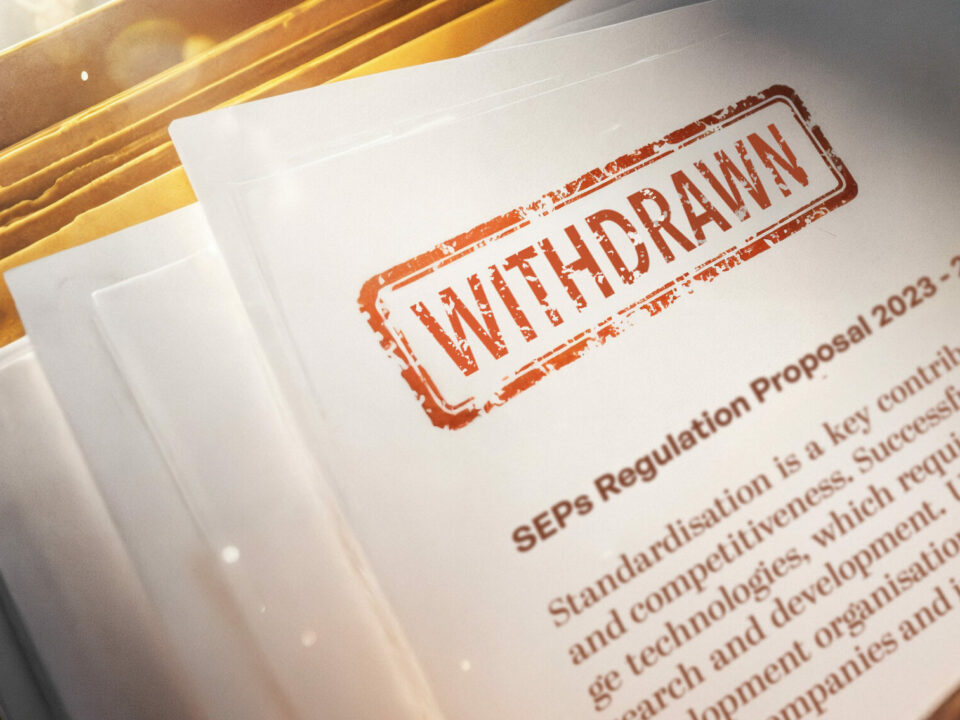This is why the West Coast tech giants do not invest in the R&D necessary for 5G and 6G
Most of the contributions to the cellular standards come from the companies that design and build mobile networks. That business is characterized by high R&D costs and low margins. The R&D costs are high, close to 20% of revenues, due to complexity of the technology. Most of the West Coast tech giants, on a percentage basis, do not approach this level of R&D intensity. And because cellular networks are standardized, mobile network equipment is interchangeable, and this commoditizes margins.
Thus designing and building the next generation of mobile networks, with high R&D costs and low margins, is a challenging business. This is why we have had such great consolidation in the industry. Nortel, Motorola, Siemens, Lucent, Alcatel and Alcatel-Lucent are no longer independent suppliers of mobile network equipment. This has led to the so-called ‘vendor diversity’ problem for mobile networks operators.
Because vendor diversity is seen as a problem that has national security implications, US Attorney General William Barr suggested that one of the West Coast tech giants should take a stake in one of the large developers of this technology, i.e. Nokia or Ericsson. The response of Cisco, in declining this invitation, illuminated the problem. As reported by the Financial Times, Chuck Robbins, the Chief Executive of Cisco, said that “Nokia and Ericsson have ‘appropriate business models’ that are better suited to the lower-margin nature of the 5G infrastructure market, where Huawei has become the dominant supplier.”
So basically the Save Our Standards gang refuses to invest in the development of the cellular technology which is a critical component of national security. Instead, they invest in lobbying groups solely designed to weaken standard essential patents to reduce their costs and our national security.



